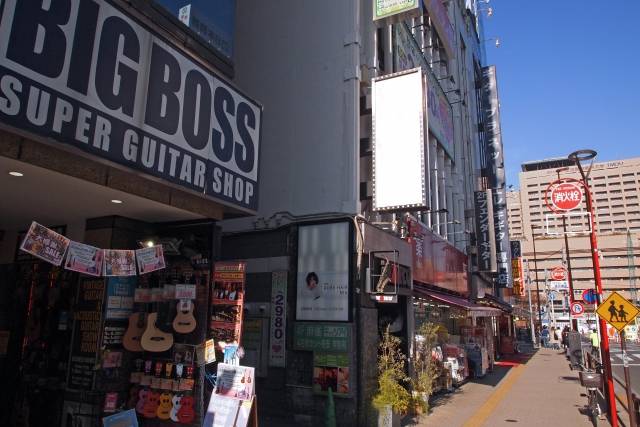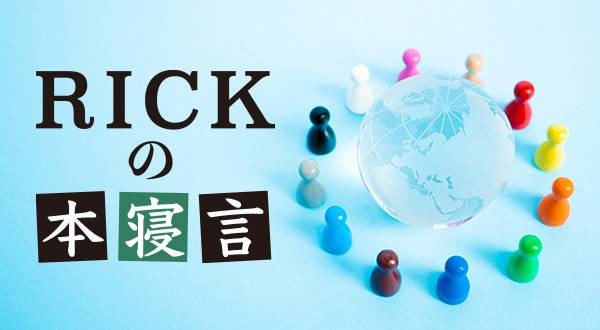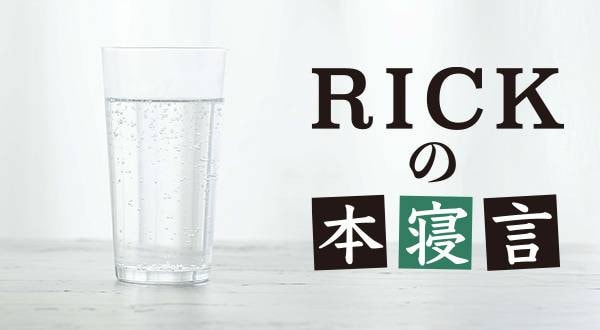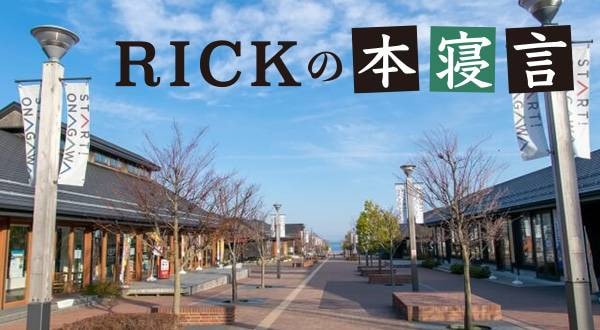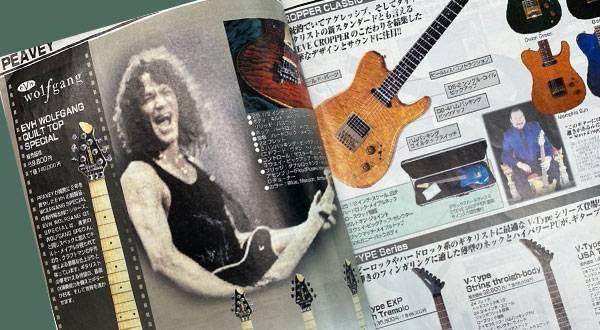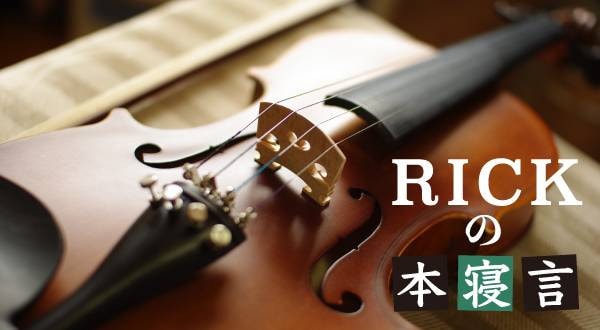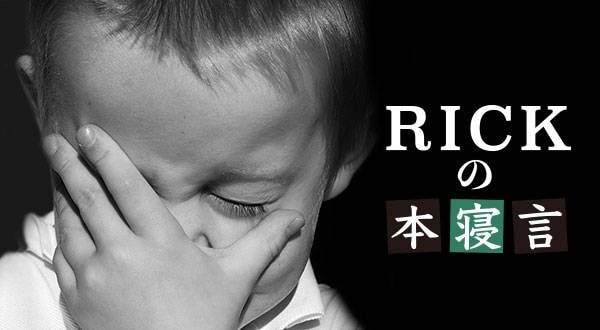The disappearance of small shops in Shibuya
I was born and raised in Shibuya in the 1950’s and I have a special place in my heart for old Shibuya. My house was a 20-minute walk from where Shibuya Station is located now, but there were still some open fields, a little river flowing, and nature. What I remember most is a small shopping street that was a 15 minute walk from my house. At 5:00 in the morning, the tofu shop was already selling fresh tofu that was just made that morning. Right behind the tofu shop, there was a butcher shop. Chicken was considered a luxury food in those days, so hanging in the shop windows were rows and rows of chicken, ham, and sausage that looked incredibly delicious. To the right of the butcher shop was a greengrocer that sold fresh fruits and vegetables. However, the selection of fruits wasn’t as plentiful as it is now: I think there were only mandarin oranges, apples, and pears. At that time, bananas were very expensive. There was also a fish shop right next door. They would sell fish that they had bought from the Tsukiji Fish Market early in the morning.
Every store had an owner who specialized in selling a particular item, and they personally selected and sold what they thought was only necessary for their customers. Ah, I also remember an old lady who baked rice crackers every day. Back then, there were specialty shops in every category like this, and if you frequented these stores, neighbors got to know each other better, and eventually this created a warm, friendly environment in the town.
Those old days are no longer seen in Shibuya today. And all of my favorite grocery stores are long gone. The reason for this is the emergence of large big box stores. One day, one of those giant stores appeared: it’s called a supermarket, where you can find anything you need in just one store. Before I knew it, Japan was full of supermarkets, and small greengrocers, butcher shops, and fish shops were destined to disappear. No one could go against the tide anymore.
Are local music stores also doomed to disappear?
I suddenly wondered if the same thing is happening to the musical instrument industry today. There are many music stores throughout Japan, and they are making many efforts to be available to people who love music and play musical instruments by offering music lessons for local children and adults in addition to selling musical instruments. However, in this era of the Internet, companies like Sound House, who has boldly developed its cutting-edge online shopping business, has grown, local music stores, on the other hand, have more or less lost business. Some stores most likely were even forced to close their businesses. In fact, many local music stores have permanently closed because they weren’t able to compete due to prices, lack of successors, or other reasons.
Despite the trends of the current times, music is essential for enriching people’s lives in order to implement local development and revitalization. Even if people purchase musical instruments on the Internet, they still need a place where they can learn to play those instruments in their local communities. This is where today’s local music stores come in to provide the space. They are not just selling musical instruments but many of them also offer music lessons and specialize in teaching various performance techniques to children as well as adults.
However, these precious local music stores are in danger of disappearing. Like a lot of businesses in the business world, small businesses in the music industry are battling against major corporations for a space in Internet business, which is causing a lot of small stores to go out of business.
Consumers get benefits out of competition among leading companies because they can expect price drops and better service. However, there is no benefit for small local music stores and they are also facing a crisis of survival as they cannot see any future prospects for themselves. If local music stores disappear, like with other industries, foreign companies and big box stores that have no ties to the local communities will swoop in and take over everything! It has become apparent that this is becoming the norm in other industries. Is there any way to stop this?
Sound House supports local music stores!
This is why it’s important for us at Sound House to do our part to support local music stores and extend a helping hand, whatever that may be. This is never easy! To some, this may look like we are helping a competitor. However, I feel that this is how we can contribute to Japanese society not only by coexisting but also through collaborations.
Sound House has a branch in Komatsushima, Tokushima. While promoting employment there, we are gradually expanding our business. In 2022, we plan to expand to Onagawa, Miyagi in the Tohoku region of Japan. This decision was made under our vision of expanding to outside the metropolitan area to become a company that contributes to local communities. The task that follows this decision is to follow through with our goal of supporting local music stores outside the major metropolitan areas. The details are yet to be determined and planning has not been easy. However, I’m confident that the Support Music Stores project will one day pay off as long as there is understanding and cooperation from employees and of course the support of our loyal customers.
We at Sound House will continue to take various measures to revitalize local communities through music. I am sure that the many benefits of Sound House’s growth will also be given back to the local communities in some form or another, and we will support music stores that are rooted in the local community in any way that we can. I feel that I have an enormous responsibility because I am the founder of Sound House, one of the largest online retailers in Japan.
This is something I can only do while I’m alive, so I hope to somehow make it happen soon.
We are beginning with the Onagawa project and laying down the rails so that our Tohoku base will be up and running with a good foundation. Then, our hope is that everyone at Sound House can boldly take a stand to show as many people as possible how wonderful music is both in Shikoku and in Tohoku. I can only hope that our community outreach will enrich local communities and make both adult’s and children’s lives better with the power of music.
